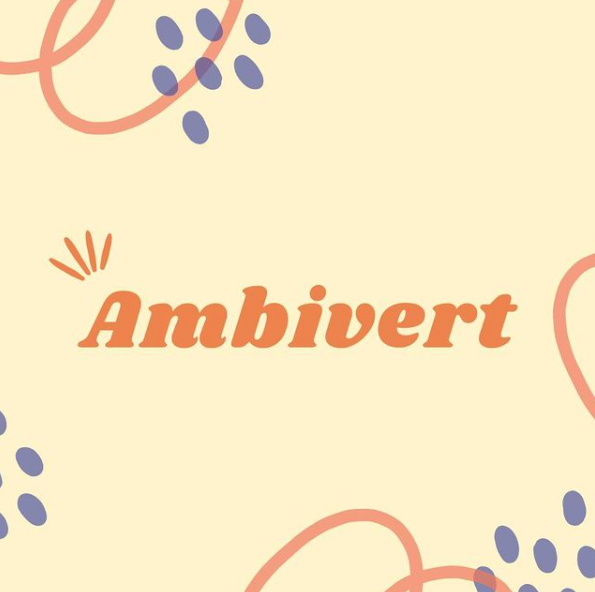Introvert, Ambivert, or Extrovert — Do You Know Yourself?

You may not know what your DISC style is, but you most likely know if you’re an extrovert, introvert, or somewhere in between. But have you heard the term ambivert before?
Extroverts: Energy from Others
- Energized by others and engaging with people
- Lots of interaction with people
- Thrive in social environments
- Doers, not planners
- Typically have well developed public engagement and presentation skills
Extroverts through the lens of DISC
- Extroverts typically are individuals with Dominance (Direct) (D behavior) and Influence (Outgoing) or I behavior.
- Higher I, high trust and enthusiasm about being around people.
- Higher D, more drive to engage with people and take charge
Areas of improvement for extroverts may be analytical problem solving, self-management or effectiveness, and even written communication. Extroverts tend to be ‘doers’, not planners, and this can cause chaos in a team environment if others are not on the same page.
Introverts: Energy From Self
- Focused on internal world
- Energized by spending time alone, doesn’t mean that introverts dislike people; it just means that socializing and networking take a lot of energy from them.
- Maintain a steady level of energy or calmness unless pushed outside their comfort zone, in which case they begin to lose energy and can get upset.
- Naturally inquisitive and analytical problem solvers
Introverts through the lens of DISC
- Introverts are people I would call High Compliance (Precise) High C.
- Their comfort zone means staying within the 'rules' as they see them, because much of what they do depends on a level of order or control.
Areas of improvement for introverts: Verbal communication
Ambiverts: Energy From Balance
Ambiverts are the lesser known third option when it comes to energy and where you get it. Defined by their ability to regulate their own behavior and adapt to different situations, ambiverts have the qualities of both extroverts and introverts.
- Most in their comfort zone when keeping the peace
- Feel best when helping others
- Can enjoy both interacting with people if they conversation is purposeful, important or “real”
- Enjoys both time alone and socializing
- Typically pretty good an managing conflict
- Skills at negotiation and diplomacy
- Great listeners and observers
Ambiverts through the lens of DISC
Ambiverts are people I would call high S's (Steady). They tend to stay within their 'comfort zone' by keeping and maintaining a level of harmony or balance, both in their life and in the lives of those around them. They are extremely sensitive to the emotional environment and feel it before most others, so if others are upset, they feel off
How to tell if you are an ambivert
- Can you perform tasks alone or in a group? You don’t really have a preference either way.
- Do social settings make you feel comfortable or uncomfortable? Probably a little of both and being around people too much can tire you out.
- Do you like being the center of attention? It's probably fun for you, but you don’t like it to last too long.
- Do some people think you're quiet, while others think you're highly social?
- You don’t always need to be moving, but too much down time leaves you feeling bored.
- You can get lost in your own thoughts just as easily as you can lose yourself in a conversation.
- Small talk doesn’t make you uncomfortable, but it does get boring.
- When it comes to trusting other people, sometimes you're skeptical, and other times, you're not.
- If you spend too much time alone, you get bored, yet too much time around other people leaves you feeling drained.
If you answered yes, to the above questions, you are an ambivert!
How well do you know yourself? How do you gain energy and recharge at the end of the day. Self-awareness is the beginning to both personal and professional development.


